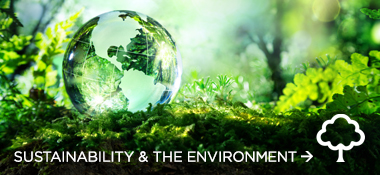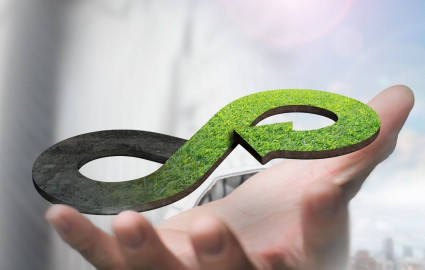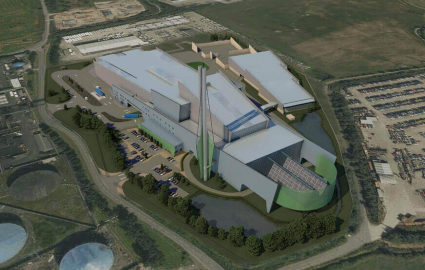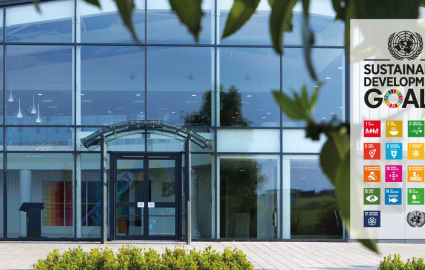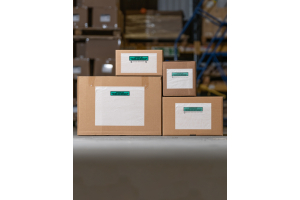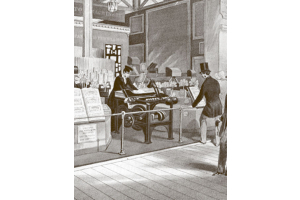
The Plan – Rising to the challenge of Climate Change in the UK
At Blake-Envelopes we are passionate about making choices that protect our planet and make a difference to the world we live in. The 27th National Climate Change Conference 2021 brings together leading voices on the UK’s vision for a cutting carbon emissions and investing in green infrastructure. This is all about finding ways to become zero-carbon – as individuals, as a country and a planet. Collaboration across the UK, from the public to the private sector, can make this possible. Authentic leadership must drive proactive change, before tomorrow is too late.
As our power as humans grows, so does the cost of sustaining our resource-hungry lives. The brunt of continuous consumption is felt by our planet… each year mother nature struggles to keep life in a delicate balance. We now live in the Anthropocene, meaning the effects of human are felt on the highest mountains and in the deepest oceans. Mike Berners-Lee in his book, There’s No Planet B, argues that to create a better future, we must tackle “grooves of habit that have been worn deep over the centuries.” We can adapt and we can change, but it will not be easy.
Aiming To Be Within 1.5 C
The climate crisis is truly the greatest challenge of our lifetime. Even the pandemic will pale in comparison of the overall effects of global warming, especially if we continue on the current trajectory. The International Panel on Climate Change is the United Nations body for assessing the science related to climate change. They have outlined that we must not cross the 2C threshold, and that we should aim to be within 1.5 C. This means limiting a temperature increase which has been rising since pre-Industrial records began way back in the 1800s.
An overall increase of 1.5 or even 2 degrees would be devastating, creating more flooding, drought, ecosystem destruction and mass extinction events such as the Australian wildfires, with clear social and public health consequences. It is also a tipping point – once we cross this line it may be impossible to reverse the effects of warming. Stopping a single degree, or even a half degree of warming could be the difference for the survival of many of our ecosystems and the billions of people who rely on them.
The impacts of any change are already being felt most by the poorest and most vulnerable countries. Those who have contributed to climate change less than the largest net emitters – the USA and European countries. Rising sea levels, increased severe weather events, unpredictable season shifts have consequences for us all. It is our responsibility in the UK, as a business and a person to make adjustment to safeguard all lives.
What do we Mean by Zero-Carbon?
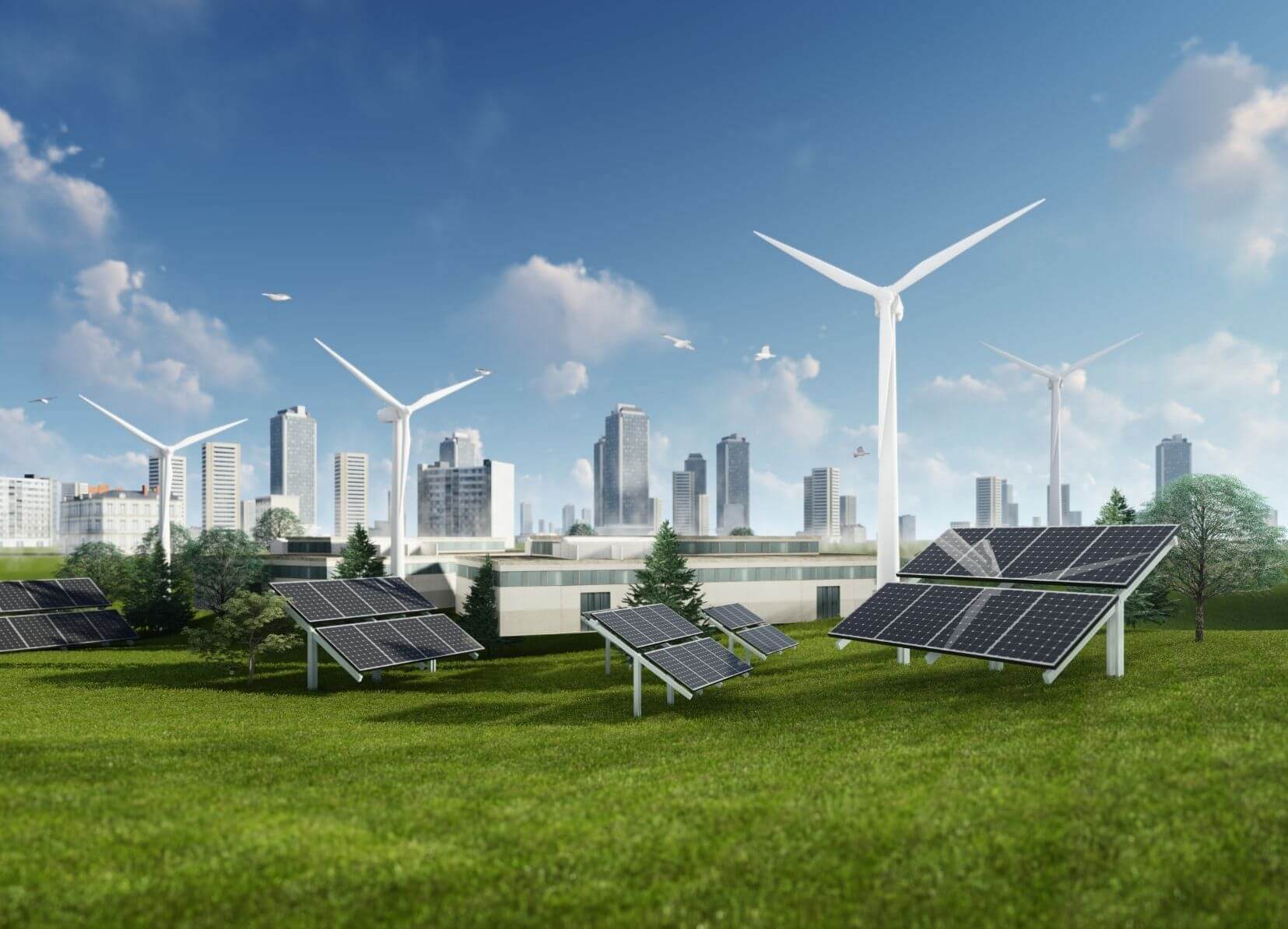
The National Climate Change Conference sets out a broad vision for us to respond to climate change. This revolves around a simple concept – zero-carbon. This means that you have no contribution to emission overall, by taking the same or more carbon out of the atmosphere as you personally emit. You must achieve this in your daily life choices, as a business or organisation, and continue to find creative ways to support an eco-conscious trajectory.
The UK has an ambitious target to cut carbon emissions by 68% by 2030 and be carbon neutral by 2050 – the most ambitious plan by any major economy. However, some cities such as Manchester have gone further to go carbon neutral by 2038. For the city this means “emissions will need to reduce by 13 per cent every year until 2038”. What these national and regional initiatives show is the severity of the threat of climate change and the immediacy of the emergency response that is needed.
Earth Logic
On the other hand, the climate crisis presents a clear opportunity for innovation. Alongside the pandemic it will force us to re-imagine how we live our lives, and our relationship with our communities and the places that we live. This could mean finding new ways to live within our means, to become more efficient and to consume less. One of the essential processes will be balancing out our own greenhouse gas emissions and investing in renewable energy sources and ‘green technologies’.
We could call this an ‘Earth Logic’. One that puts the planet at the forefront of the decisions we make. This means finding ways to support natural ecosystems, protecting those which exist and finding making changes to our energy-hungry lives.




















 Black
Black Purple
Purple Blue
Blue Red
Red Green
Green Yellow
Yellow Grey
Grey White
White Pink
Pink Cream
Cream Brown
Brown Navy
Navy Violet
Violet Lime
Lime Orange
Orange










